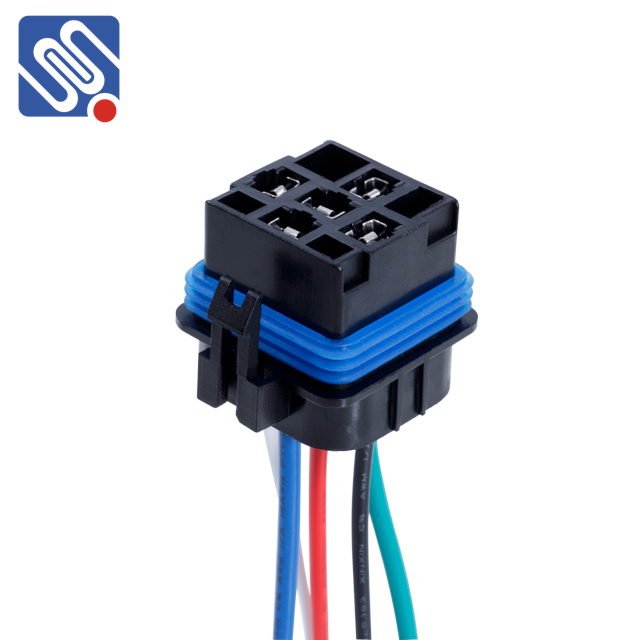understanding the role and importance of relay connectors in modern electrical systems
Release time:2025-11-14 15:33:19
Relay connectors play a crucial role in the operation, safety, and reliability of electrical and electronic systems. As technology continues to advance, the demand for efficient and reliable electrical connections has grown dramatically. Among the many components that make up an electrical circuit, relay connectors stand out as essential elements for ensuring smooth and secure transmission of electrical signals. These connectors bridge the gap between relays and the systems they control, allowing current to flow in a controlled and stable manner.

A relay is an electrically operated switch that uses a small control signal to manage a larger electrical load. It serves as an intermediary between control circuits and high-power devices. However, a relay cannot perform its function effectively without a proper connection to other components—this is where relay connectors come into play. Relay connectors provide a secure, standardized interface that enables easy installation, replacement, and maintenance of relays without the need for complex wiring. There are several types of relay connectors, each designed to meet specific technical requirements and environmental conditions.
Automotive relay connectors, for example, are commonly used in vehicles to control headlights, air conditioning systems, fuel pumps, and more. They must withstand high temperatures, vibrations, and exposure to moisture. On the other hand, industrial relay connectors are used in factory automation, robotics, and process control systems. These connectors often feature robust housings, secure locking mechanisms, and protection against dust and water. PCB relay connectors, meanwhile, are designed for circuit boards and are optimized for compactness and efficient signal transmission in electronic devices.

